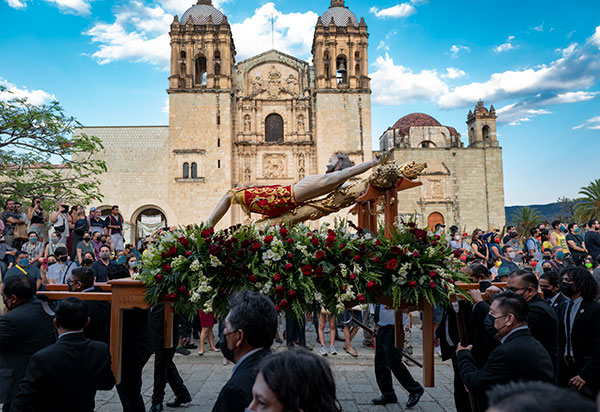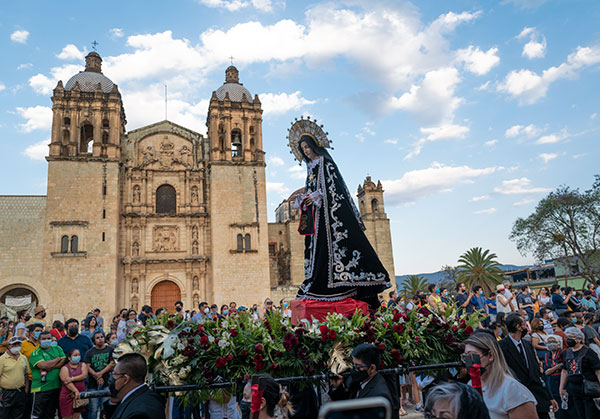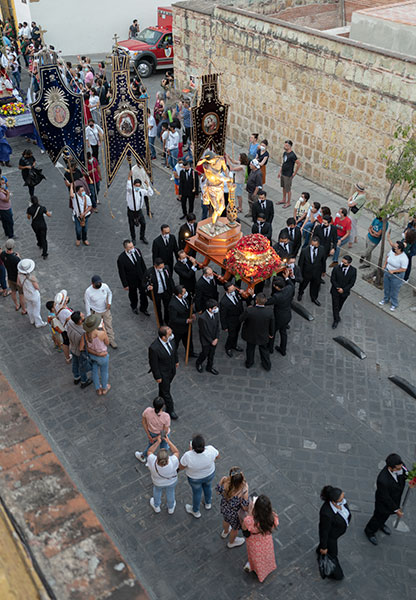
It was a spring Saturday, I was sixteen years old, my father and I were out on the front lawn, pulling dandelion weeds out of the grass. During our casual conversation, I confided I had yearnings for happiness. His response startled me: “Why should you be happy when so many people are suffering in the world?”.
My father,
Richard Boone, who died two years ago, was a social scientist—a problem solver determined to bring about justice and a better world. His entire adult life was devoted to action in the social arena. He was instrumental in empowering and improving the lives of masses of people in America. He invented the term "maximum feasible participation" and used it like a mantra. A close confidant of Robert Kennedy, he helped develop President Lyndon Johnson's war on poverty and the Food Stamp program, initiated the
Foster Grandparent program, uplifted disenfranchised southern black people to vote and gain representation . . . started an organization called Citizens Crusade Against Poverty, became executive director of
The Field Foundation, helped found the
Center on Budget and Policy Priorities in Washington DC and much more. He did not believe in God, and quoted
Karl Marx: “Religion is the opiate of the masses.” He told me that too much was made of
Mother Theresa. She helped the poor and sick in India but did not attack the root social causes of their plight. He liked
Mahatma Gandhi more.
Sometimes I am shocked to tears by news of what happens on our planet. As calamities grab the headlines I see my father’s perspective.
Enlightened beings tell us to accept sufferings along the way in life, but be happy in our closeness to our Creator. Our human side suffers, but finds mercy and light in the spiritual realm.
The other day, I heard a news story of a conflict in Africa. A village had been caught up in hatreds. A woman told how her father was tied to a tree, then had his throat cut. Next she was raped in front of her children. How does this woman now find “happiness”? She must forever live in a broken, haunted world.
During my youth, I did summer work in the inner city in Washington DC. One day I was tasked with spending time in a school office, helping a troubled boy from the ghetto. As he sat next to me it was obvious something terrible was within him. He had no emotional animation, was crushed and could not conceive lessons. A heap of abuse scarred him from his earliest days. Though in a physical form, he seemed gone . . . liked a bombed out building that stands but is charred and desolate inside. All I could do was make simple lines on a sheet of paper and have him copy as best he could. He did that with great effort.
Bahiyyih Khánum (1846 – July 15, 1932) was the only daughter of
Bahá'u'lláh, the founder of the
Bahá'í Faith. She was given the title of "Greatest Holy Leaf". A saintly woman, she is regarded as an immortal heroine in the annals of the Baha'i Faith. Because of the persecutions of her Father, much of her adult life was spent as a prisoner or in exile.
During her darkest hours, she wept:
“O God, My God!
Thou seest me immersed in the depths of grief, drowned in my sorrow, my heart on fire with the agony of parting, my inmost self aflame with longing. Thou seest my tears streaming down, hearest my sighs rising up like smoke, my never-ceasing groans, my cries, my shouts that will not be stilled, the useless wailing of my heart.
For the sun of joy has set, has sunk below the horizon of this world, and in the hearts of the righteous the lights of courage and consolation have gone out. So grave this catastrophe, so dire this disaster, that the inner being crumbles away to dust, and the heart blazes up, and nothing remains save only despair and anguish . . .
O my Lord, I voice my complaint before Thee, and lay bare my griefs and sorrows, and supplicate at the door of Thy oneness, and whisper unto Thee, and weep and cry out.”
Before she died at the age of nineteen from cancer, my daughter
Naomi endured the utmost pain, misery and heartache. During the last two years of high school, she had a tube, called a port, dangling from her chest. It went into her heart for administering chemo. At one point the drugs were administered in such great doses as to destroy her bone marrow. She was a
Make-A-Wish Child, and modeled fashions on a nightclub runway in New York City. A talented artist, she was accepted to a prestigious art college but died the year she was to begin. When times were the worst for Naomi, she dug deep and wrote in her journal: "Show up and be lovingly present, no matter what it looks like out there or inside of yourself. Always speak the truth of your heart."
The day before she died, Naomi remarked to a friend, "I love my body, it has been so good to me.”
I believe God is nearer to us than we are to ourselves. And this is why when terrible things happen in life we carry on . . . we continue to "show up." Just as a forest that is burned down and obliterated leaving only charred earth is able to regenerate because the seed of life survives beneath the surface holding the blueprint of renewal, so too, every human being has a pureness within that is beyond destruction.
"Have patience - wait, but do not sit idle; work while you are waiting; smile while you are wearied with monotony; be firm while everything around you is being shaken; be joyous while the ugly face of despair grins at you; speak aloud while the malevolent forces of the nether world try to crush your mind; be valiant and courageous while men all around you are cringing with fear and cowardice. Do not yield to the overwhelming power of tyranny and despotism. Continue your journey to the end. The bright day is coming." ~'
Abdu'l-Baha,






































